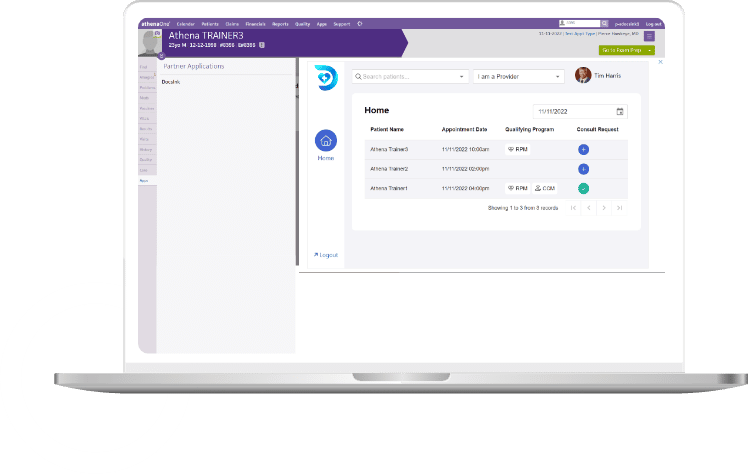Introduction
In the next ten years, it’s anticipated that the proportion of working-age adults with a chronic illness will double to almost one in three. As a result, more people are turning to specialists in chronic illness to help them lead better lives.
Chronic Health Care Plans can be difficult to create for people with chronic illnesses. If you are looking for help, you might want to try these two methods for creating your plan.
Benefits of Chronic Care
Chronic care can provide many benefits to those who engage in it. Chronic care can help people stay healthy and reduce the risk of developing chronic diseases. Chronic care also helps people retain their health, improve their quality of life, and reduce costs associated with health care.
Some of the critical benefits of chronic care include:
- Reduced risk of developing chronic diseases. Chronic care can help people avoid developing chronic diseases, which can significantly reduce the risk of death and disability.
- Improved health. People who engage in chronic care receive more comprehensive and coordinated care than those who do not, resulting in improved health overall. It includes receiving treatment for physical and mental health conditions and preventive measures such as screenings and vaccinations.
- Reduced costs associated with health care. Health care costs continue to increase, making it essential for everyone to seek ways to reduce their exposure to costlier treatments and medications. Chronic care may be one way to do this.
Who is in the Chronic Care Plan?
A Chronic Health Care Plan is a blueprint for lifelong healthcare. The individual should explicitly tailor it. Anyone involved in the care of someone with chronic conditions should be included in the plan, whether they are family members, friends, or health care professionals.
Some of the key individuals who need to be on a chronic care plan are:
- The person with chronic conditions themselves
- Their caregivers (family members, friends, or health care professionals)
- Doctor(s)/specialist(s) who treat them
- Pharmaceutical companies that produce medications used to treat their conditions
- Support groups or other organizations that may be beneficial to them
What’s Included in the Chronic Care Plan?
The Chronic Health Care Plan is a document that outlines the care a person will need throughout their lifetime to maintain good health. The plan includes regular checkups, screenings, and preventive care. It also includes a list of medications and treatments that may be necessary if a person falls into one of the following categories:
1) Having a chronic illness
2) Suffering from frequent health problems
3) Having a long history of poor health
4) Having an underlying medical condition
About DocsInk Software
As a result of therapies, patients and families are usually compelled to make challenging lifestyle changes. Patients need to be made aware of the benefits of their treatment and the dangers of not following it. Patients can monitor their progress and work with experts to find and fix any problems that develop throughout their treatment using DocsInk’s Chronic care management platform.
Types of Chronic Health Care Plans:
Two main types of chronic health care plans are explicit and implicit. Detailed plans involve specifying all of the details of treatment options and follow-up procedures down to the exact day and time. Implicit plans, on the other hand, are more general and allow for more flexibility in terms of treatment options. Choosing the right plan for your specific needs is crucial to ensure that you receive the best possible care.
Summary
Suppose you want to create a chronic health care plan. In that case, it is vital to understand the various components that make up a comprehensive healthcare system. This blog section will discuss the different types of chronic health conditions and how to create a plan that targets specific needs for each type of ailment. Click Here !!






